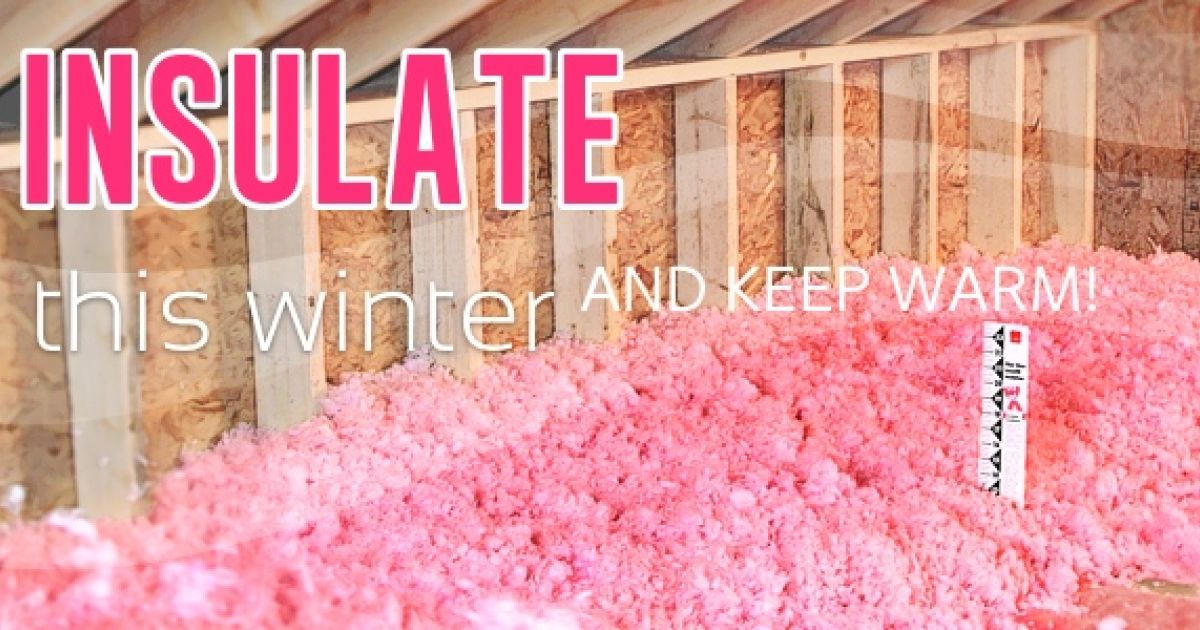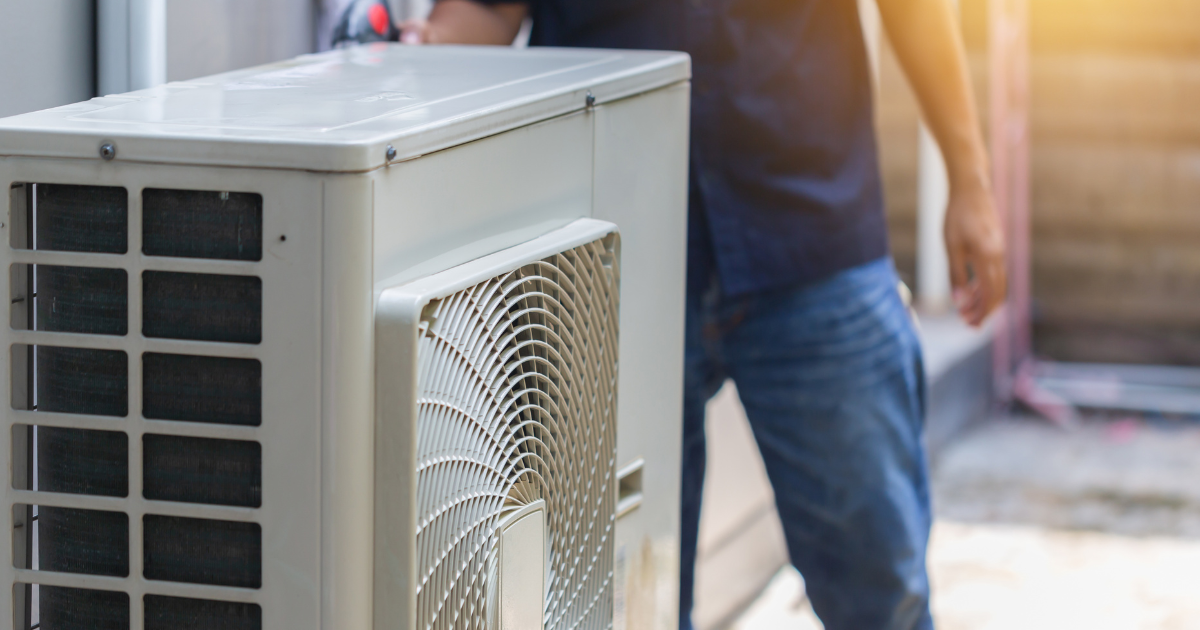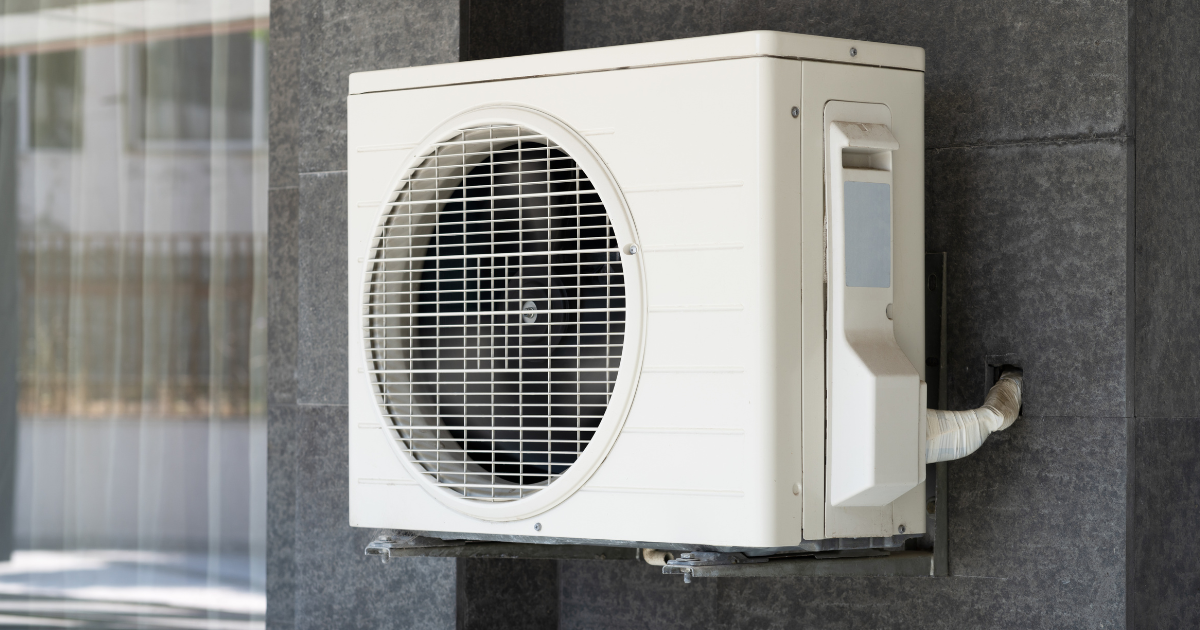Why Insulate Your Home?
You don’t often think much about insulation until you are in the throes of the colder months, when you desperately need it. That’s why it’s the perfect time to insulate the home: it’s on your mind, and during the winter you are able to reap immediate rewards for your efforts in the form of a warmer home and a lower heating bill.
Energy Efficiency:
One of the most important reasons to insulate your home in the winter is to increase your home’s energy efficiency. Insulation helps impede the flow of heat. This means that it keeps your heat from seeking out cooler areas both within and outside your home—think unused attics or drafty doors that lead outside. Good insulation allows you to hold onto more of your precious heat.
Sound Buffering:
Insulation also provides sound buffering to help reduce noise throughout the home. Noise control can help create a more enjoyable atmosphere, especially if there are children or roommates about.
Value:
Insulation can also increase the value of a home. If you’re planning on putting your home on the market in the spring, insulation is a great way to include value that you can also enjoy during the months you need it most.
Temperature:
Insulation helps prevent temperature swings. This keeps a home predictably comfortable, and keeps your other appliances and home systems from having to run in overdrive.
Moisture Barrier:
Insulation also helps keep the dampness of the outdoors outside where it belongs.
Where to Insulate Your Home
Proper insulation from the roof on down to the ground is important, and it is most important in those areas where heat is most at risk for being lost. This includes unfinished spaces such as attics, areas around floor joists, and access doors to attics, garages, and basements.
Anywhere that air flows between walls, floors, and ceilings are important places to install insulation to help keep heat from being lost. Exterior walls and areas around doors and windows are also incredibly important areas to insulate. Sealing and insulating ducts can also go a long way toward saving heat.
Ducts that run through unconditioned spaces can cause heat to be lost on its way to its destination. Floors above unheated garages are also key areas to insulate, along with your foundation. A properly insulated foundation can help prevent more than heat loss: foundation insulation can also help prevent unwanted moisture from seeping into the house and can deter insects.
How to Choose the Best Insulation
There are many types of insulation products, including: cellulose, fiberglass, cotton, wool, foam, polyurethane, and polystyrene. It’s always important to read product labels and ensure that the product is indicated for your intended installation.
One of the most important factors in choosing insulation is the R-value of the product. The R-value is an indication of a product’s thermal resistance. The higher the R-value of a product, the better it is at its designated job.
But the R-value is not the only factor that you should pay attention to when installing insulation. Insulation must be installed correctly as well. Ensure that in addition to choosing quality products, you also choose quality installers who are familiar with your type of home and have a great reputation. Your installers should be able to provide product details and indications before installation and also be able to answer any questions you may have about the product and its eco-friendliness, effectiveness, and cost.

Bob Jenson
For over 45 years, Bob Jenson has been providing quality heating and air services to the San Diego community.
Request Service
Please fill out the form below to request an estimate or schedule service.
"*" indicates required fields







